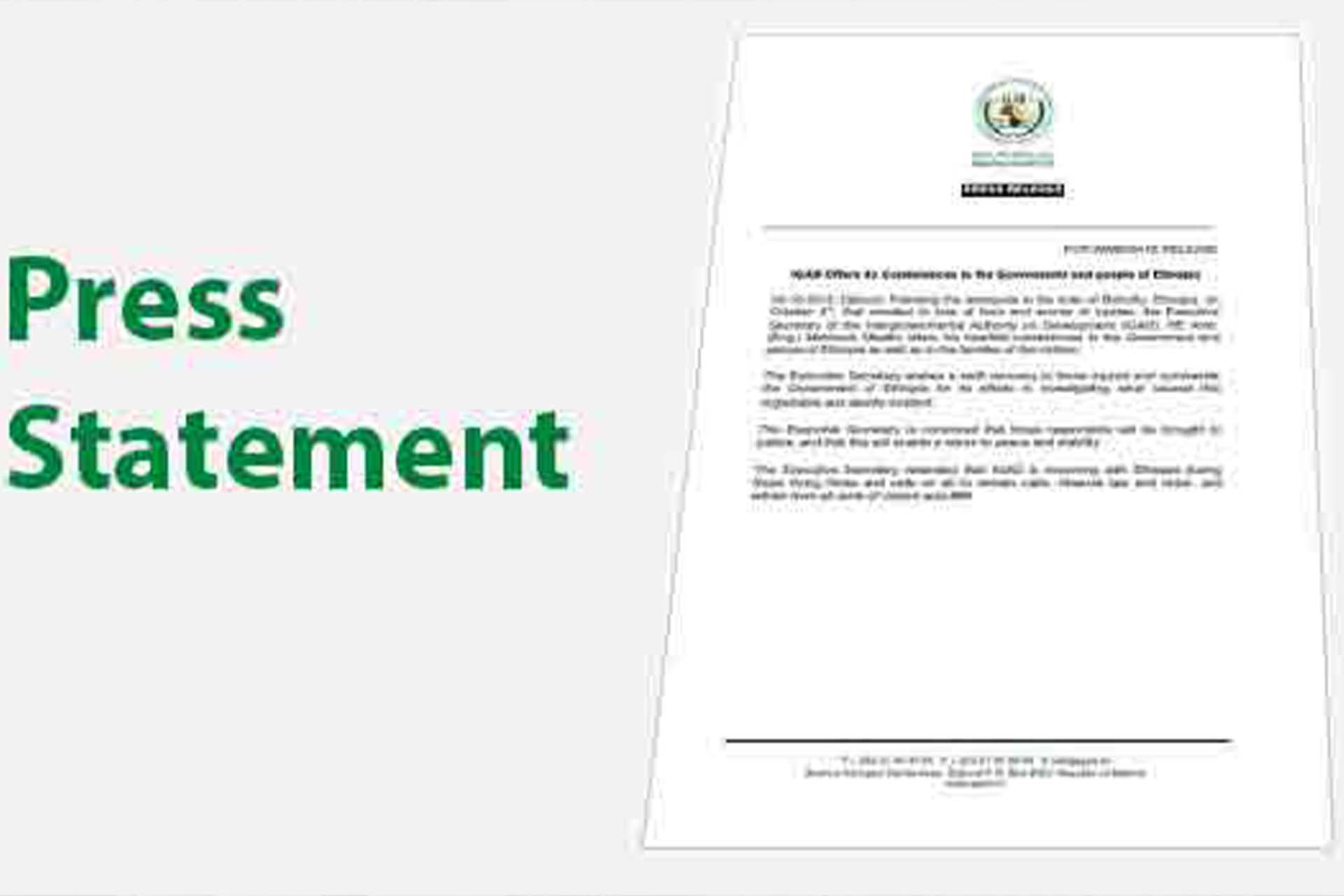(28th August 2018, Kigali, Rwanda) There is likely to be more rainfall compared to long-term rainfall average over the northern sector (southern parts of South Sudan, south and central parts of Ethiopia, and north-eastern parts of Somalia) of the Greater Horn of Africa (GHA) region, according to the regional consensus climate outlook issued today in Kigali for the October, November and December (OND) 2018 season.
Furthermore, there is indication for increased likelihood of near normal to above normal rainfall over the southern parts of the northern sector and over parts of Tanzania and south-central Kenya. The period between October and December constitutes an important rainfall season over the equatorial sector of the region.
In the extreme south of the region, the consensus shows near to below normal rainfall. There is also increased likelihood of warmer than normal mean temperatures over much of the region. Increased likelihood for cooler than normal mean temperatures is indicated over north-eastern and south-western parts of GHA.
In addition, the outlook indicates an early start of the rains over south-eastern Ethiopia, Somalia, central Kenya, and much of Tanzania. However, there is a high chance of an early withdrawal of the season from south-eastern Ethiopia, north-eastern Somalia, and northern Kenya. As a result, although above to near normal seasonal rainfall totals are indicated, a shorter OND rainfall season is anticipated especially in the cluster connecting Ethiopia, Kenya and Somalia. A longer and wetter rainy season is expected across much of the equatorial and southern sectors.
Speaking when he released the regional climate outlook today, the Director General of Rwanda Meteorology Agency (Meteo Rwanda) and Permanent Representative of Rwanda with the World Meteorological Organization (WMO), Mr John Ntaganda stated that the outlook is relevant for seasonal time scales and relatively large areas, adding that local and month-to-month variations might occur as the OND 2018 season progresses.
“It is likely that episodic rainfall events leading to flash floods might occur even in areas with increased likelihood of near to below normal rainfall”, the Director General further pointed out. He also indicated that dry spells may occur in areas with increased likelihood of above to near normal rainfall.
As a departure from the past, this particular forum extensively deliberated on how men and women are affected differently by weather and climate in the region.
The IGAD Climate Prediction and Applications Centre (ICPAC) will continue to provide regular regional climate updates at ten-day and monthly timescales, while the National Meteorological and Hydrological Services (NMHSs) will provide downscaled and detailed national and sub-national forecast updates.
ICPAC convened the Fiftieth Greater Horn of Africa Climate Outlook Forum (GHACOF50) with financial support of the African Development Bank, the World Bank, the Department for International Development of the United Kingdom and the United States Agency for International Development. The Government of Rwanda hosted the two-day event to formulate a consensus regional climate outlook for the OND 2018 rainfall season over the GHA region.
The GHA region comprises of Burundi, Djibouti, Eritrea, Ethiopia, Kenya, Rwanda, Somalia, South Sudan, Sudan, Tanzania and Uganda. ENDS
